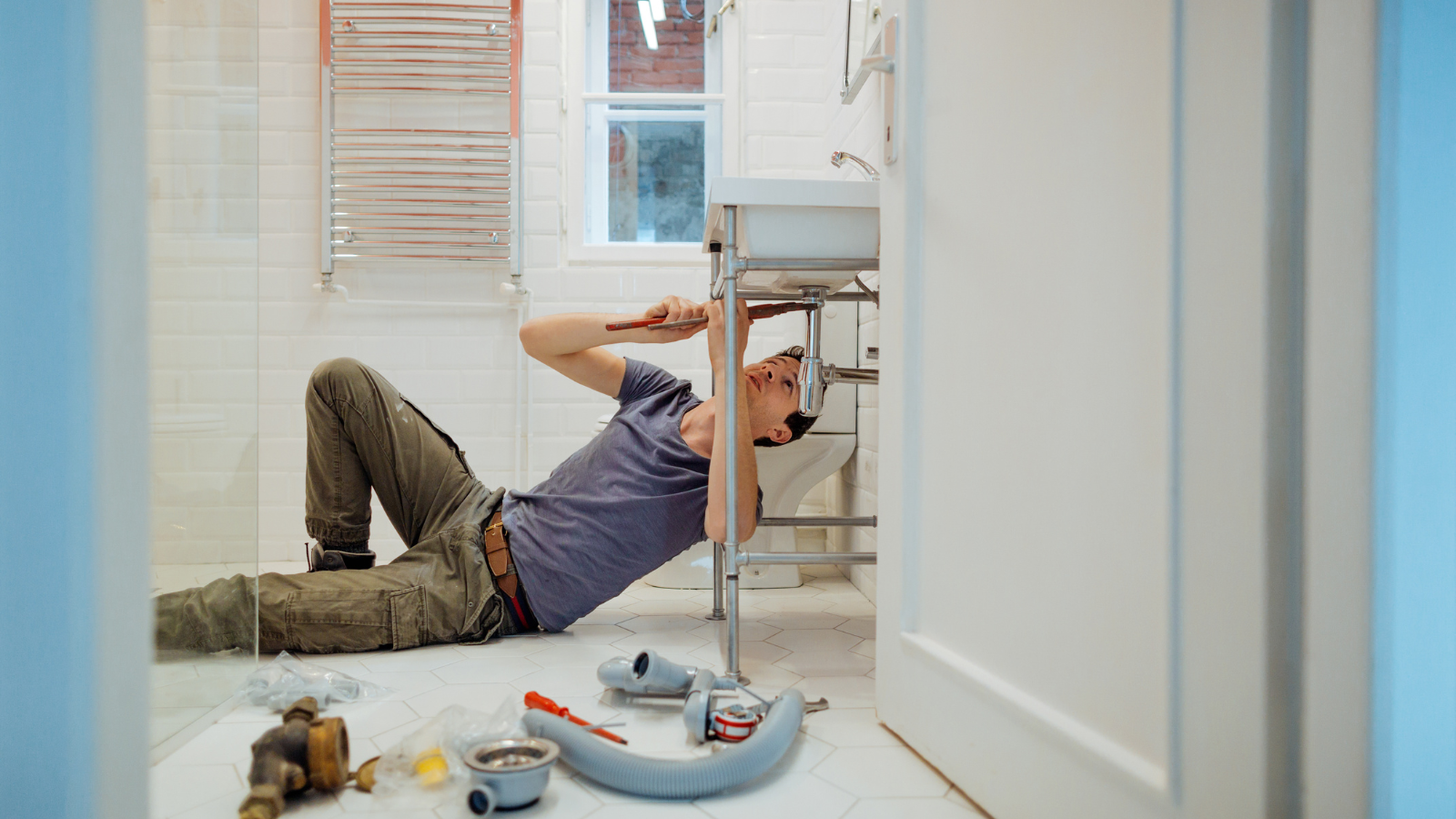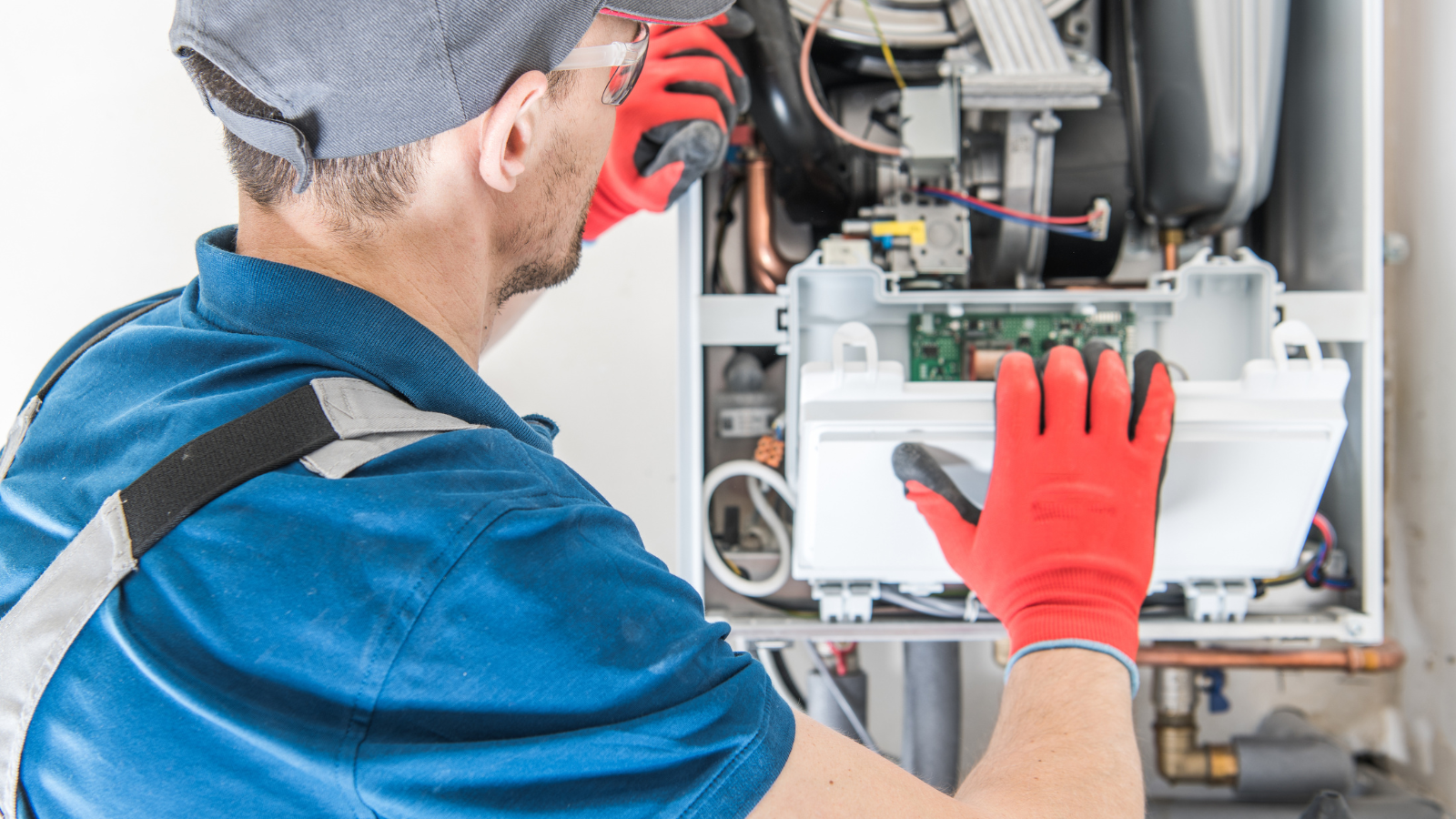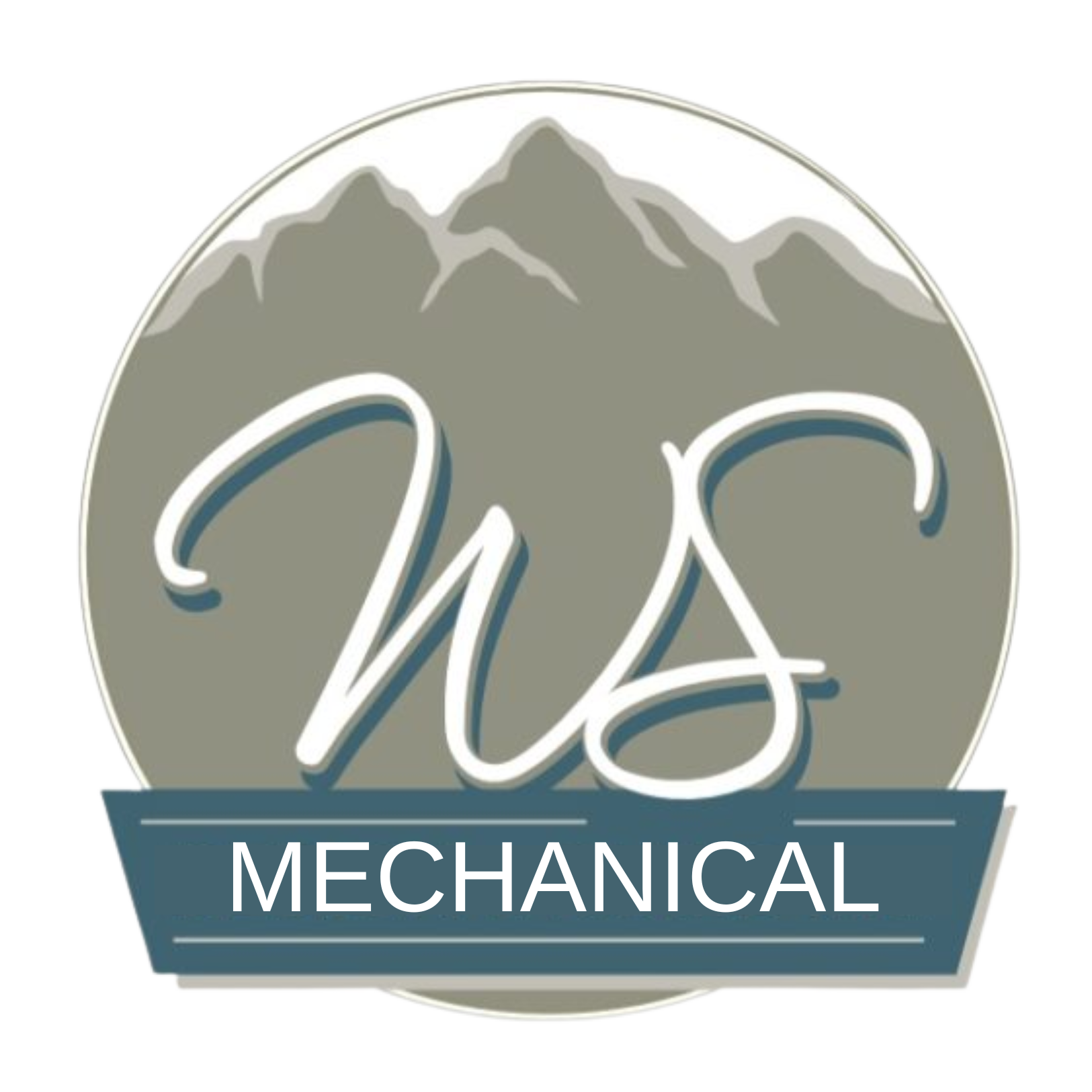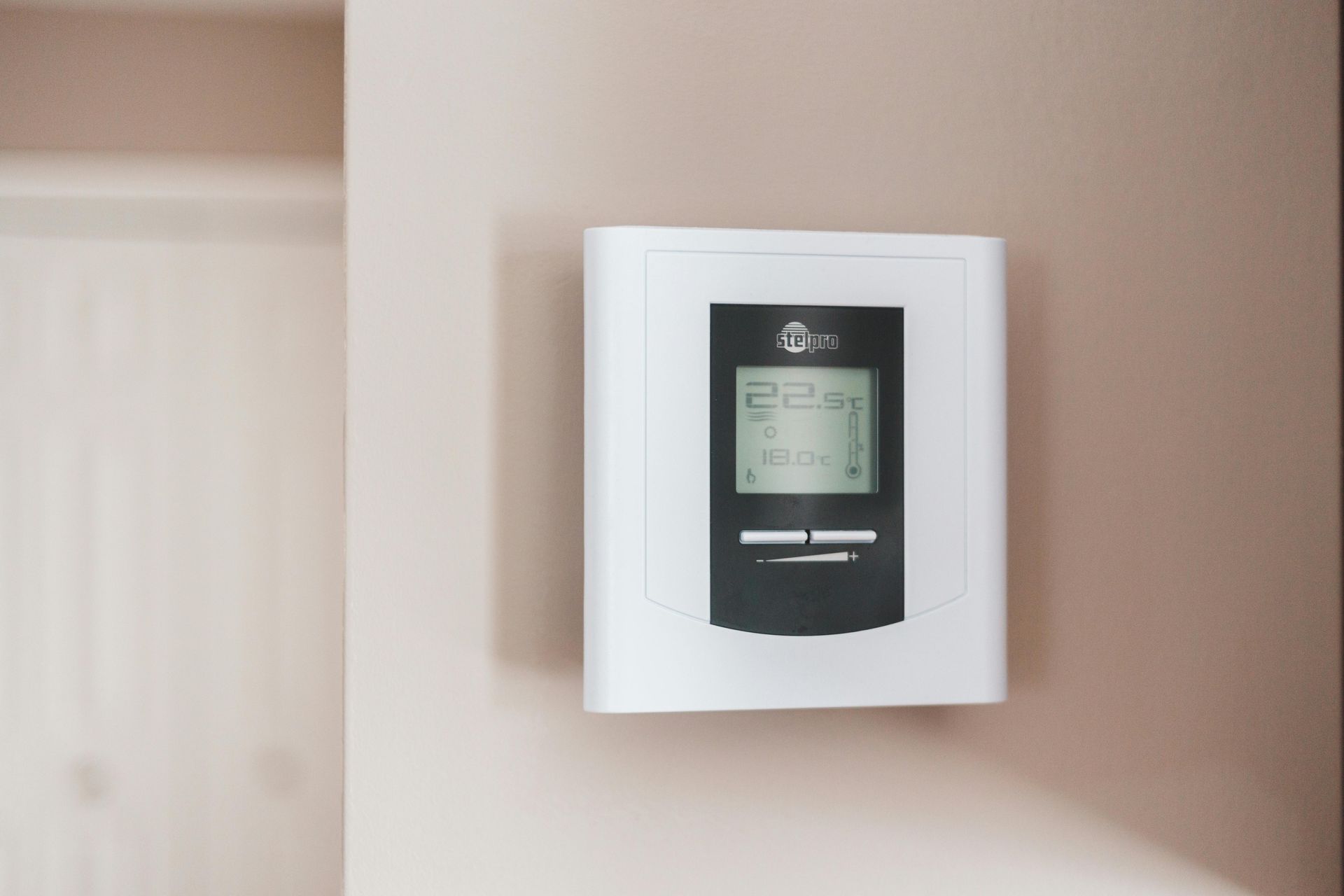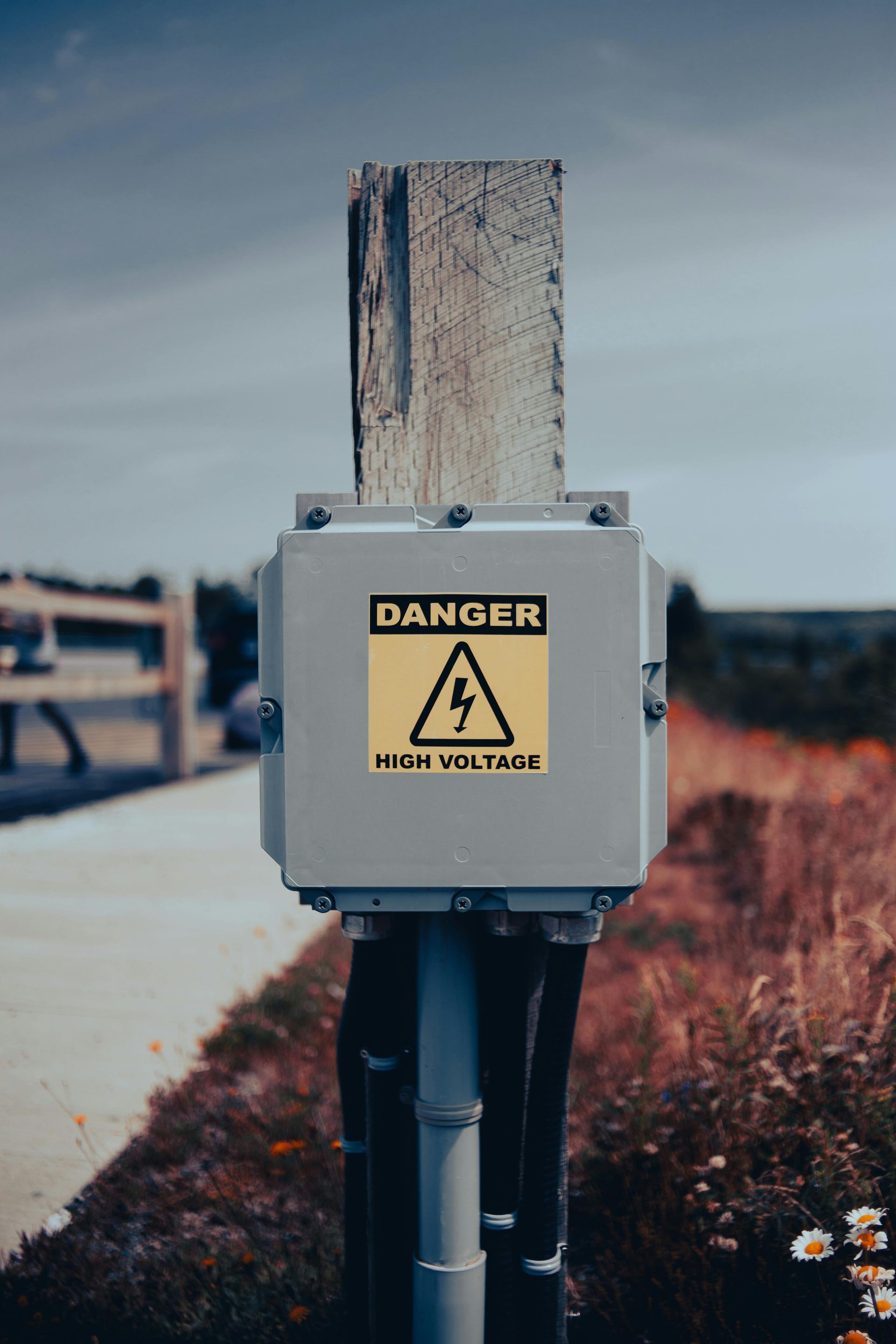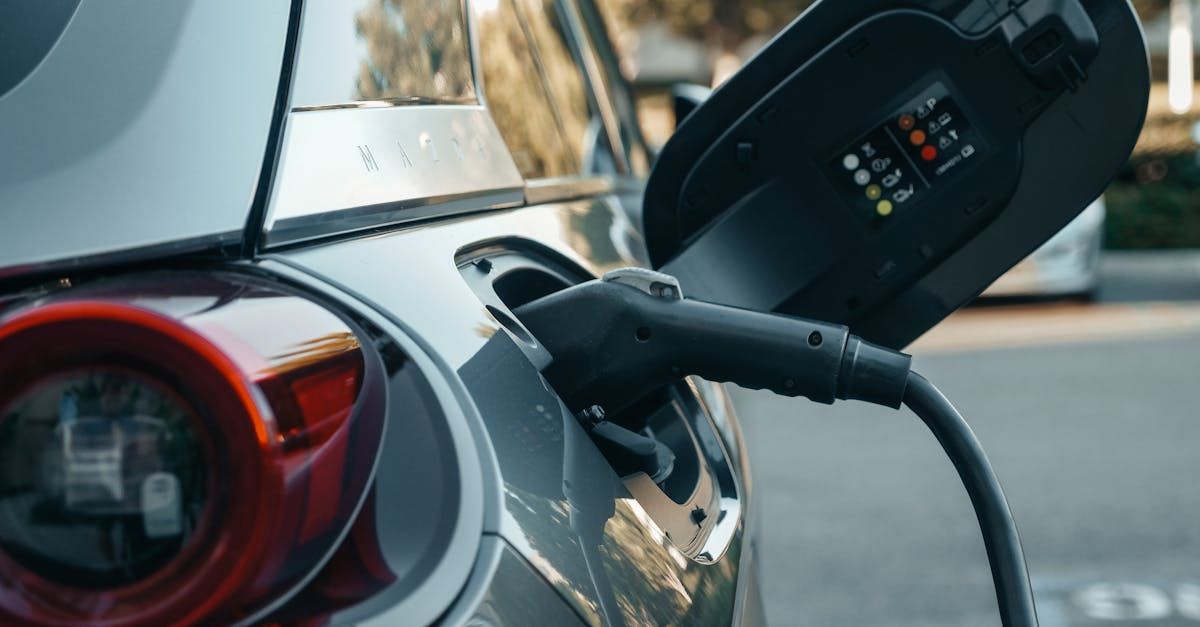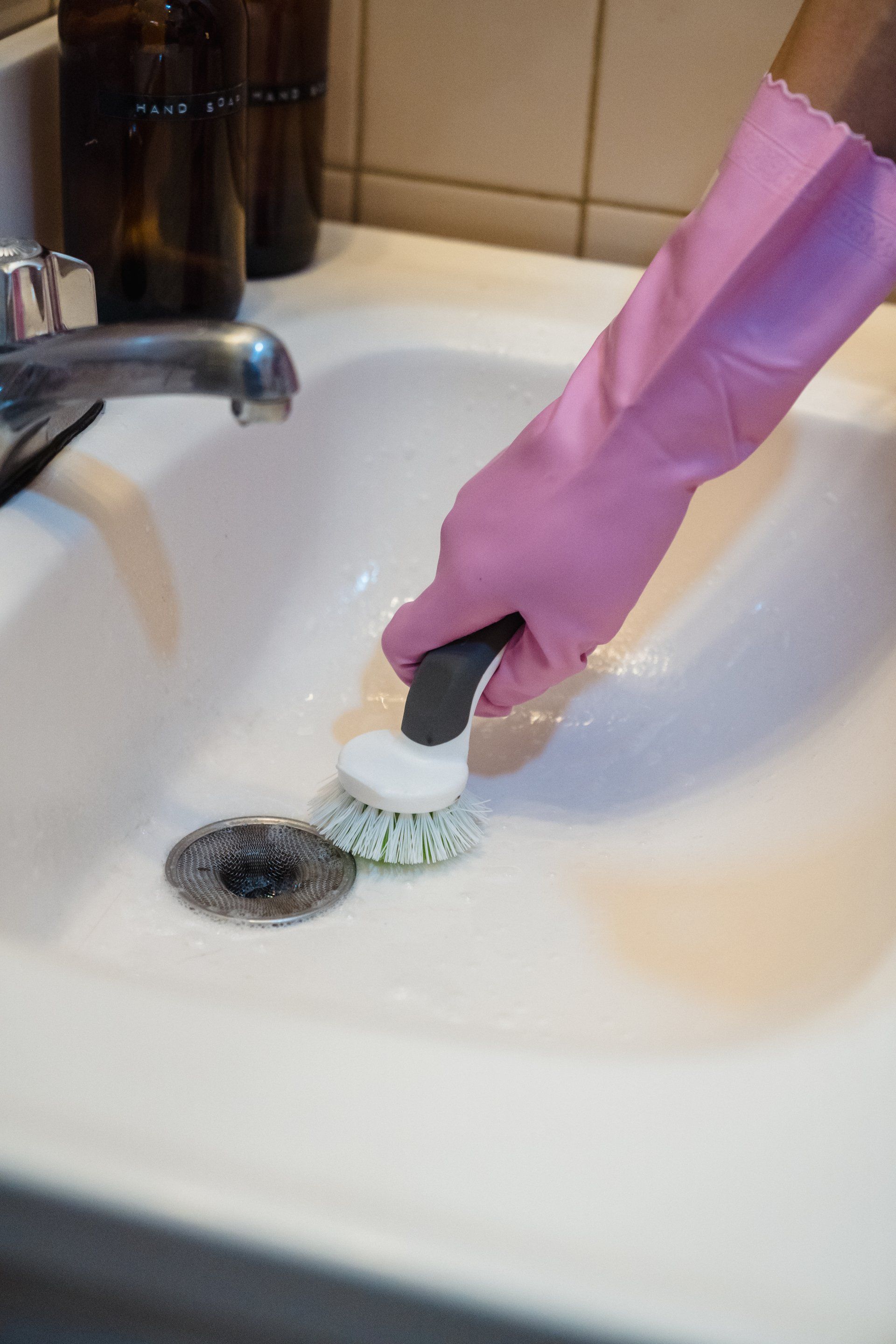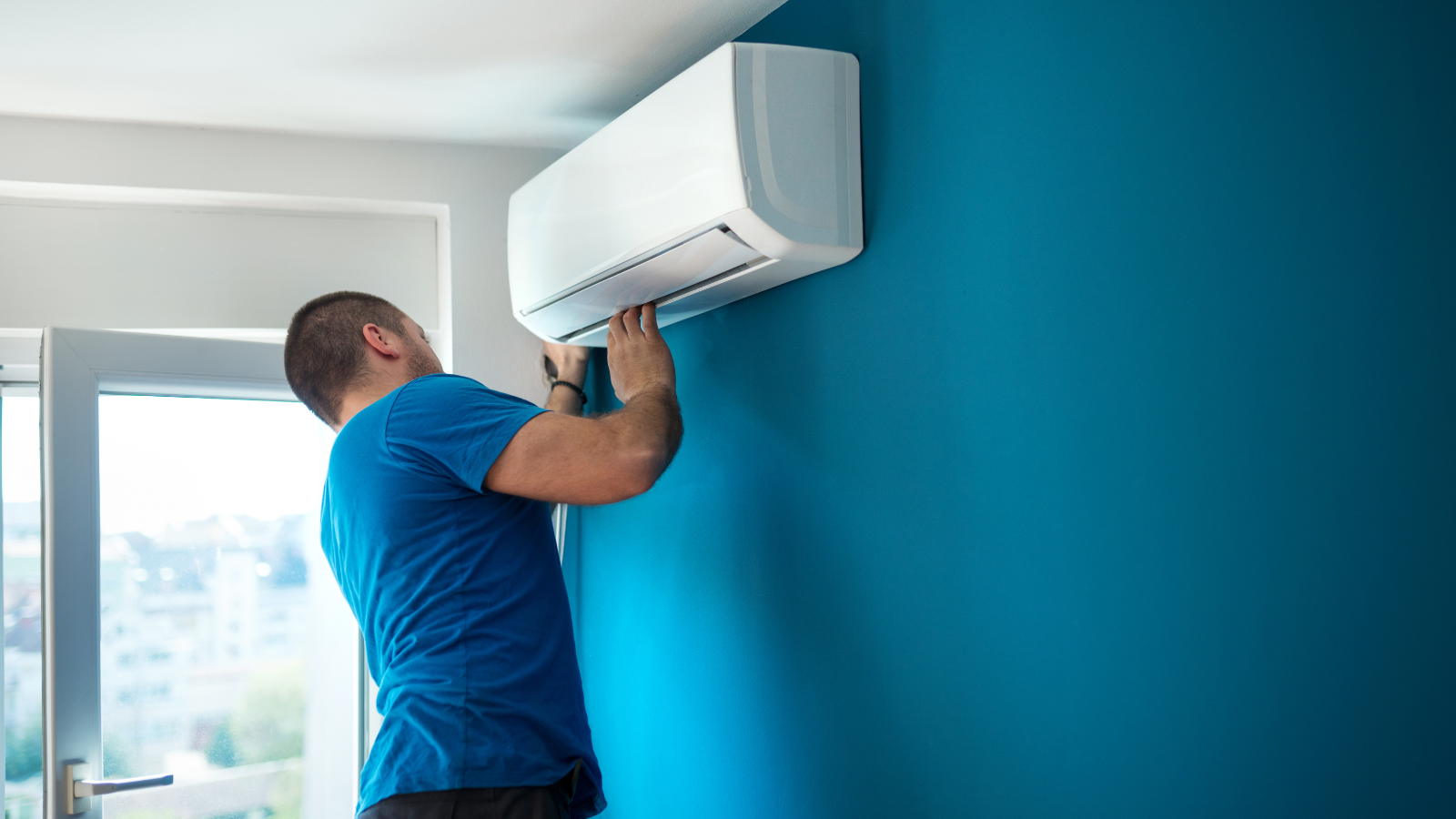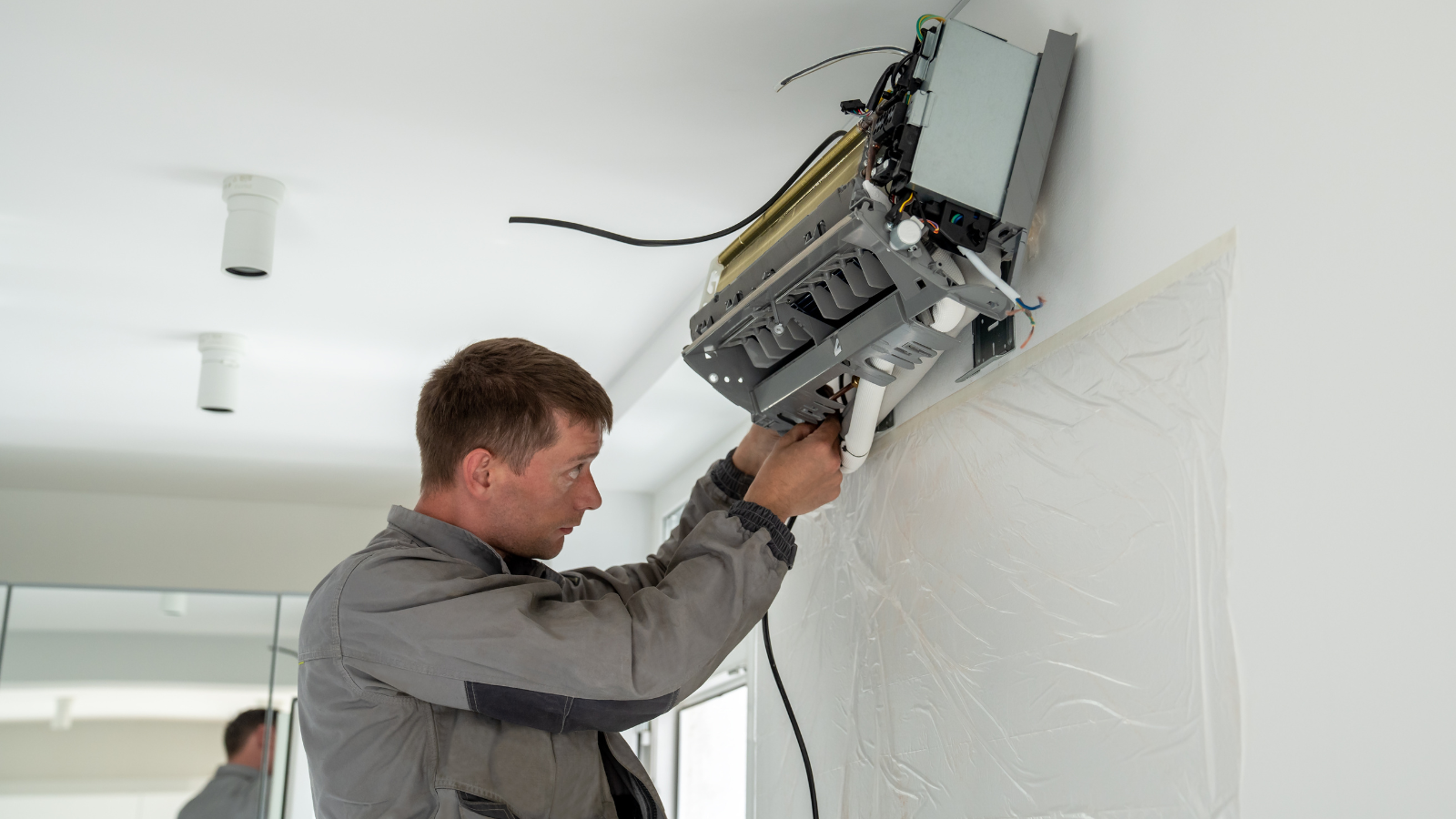Understanding the Basics of HVAC
HVAC systems are a crucial part of our daily lives. They keep our homes comfortable, regardless of the weather outside.
But what exactly is an HVAC system? How does it work? And what are some common problems you might encounter?
In this article, we'll explore the basics of HVAC. We'll break down the components, explain how they function, and discuss common issues like an air handler leaking water or an AC blowing hot air.
Whether you're a homeowner, a DIY enthusiast, or a new technician, this guide will help you understand the ins and outs of HVAC systems.
So, let's dive in and demystify the world of HVAC.
What is an HVAC System?
HVAC stands for Heating, Ventilation, and Air Conditioning. It's a system designed to control the environment within a building.
The system works to maintain a comfortable temperature, regulate humidity, and ensure
good air quality. It's a vital part of any residential or commercial building.
The Importance of HVAC Systems
HVAC systems play a crucial role in maintaining indoor comfort and air quality. They regulate temperature and humidity levels, ensuring a comfortable environment regardless of the weather outside.
Moreover, HVAC systems filter out pollutants and allergens from the air. This is vital for maintaining good health and preventing respiratory issues.
Key Components of an HVAC System
An HVAC system is composed of three main components: heating, ventilation, and air conditioning. Each of these plays a unique role in maintaining indoor comfort and air quality.
Heating
The heating component of an HVAC system is responsible for maintaining a comfortable temperature during colder months. This is typically achieved through a furnace or heat pump.
The heat source warms up air, which is then distributed throughout the building.
Ventilation
Ventilation is crucial for maintaining indoor air quality. It involves the exchange of indoor air with fresh outdoor air, removing pollutants, moisture, and odors in the process. Ventilation also helps control levels of humidity, which can affect both comfort and health.
Air Conditioning
The air conditioning component cools and dehumidifies the air. This is especially important in warmer months when indoor temperatures can rise uncomfortably high. Air conditioners work by removing heat from the indoor air and releasing it outside, leaving the indoor air cooler in the process.
How Do HVAC Systems Work?
HVAC systems work by moving air between the inside and outside of a building, conditioning it for comfort. The process involves heating or cooling the air, removing excess humidity, and filtering out impurities.
The heating component, such as a furnace or heat pump, uses fuel or electricity to generate heat. This heat warms up the air, which is then circulated throughout the building via ductwork. On the other hand, the air conditioning unit works by removing heat from the indoor air, effectively cooling it down.
The ventilation component ensures a continuous exchange of indoor air with fresh outdoor air. This process helps to maintain
good air quality by removing pollutants and excess moisture. It also helps to regulate humidity levels, providing a more comfortable indoor environment.
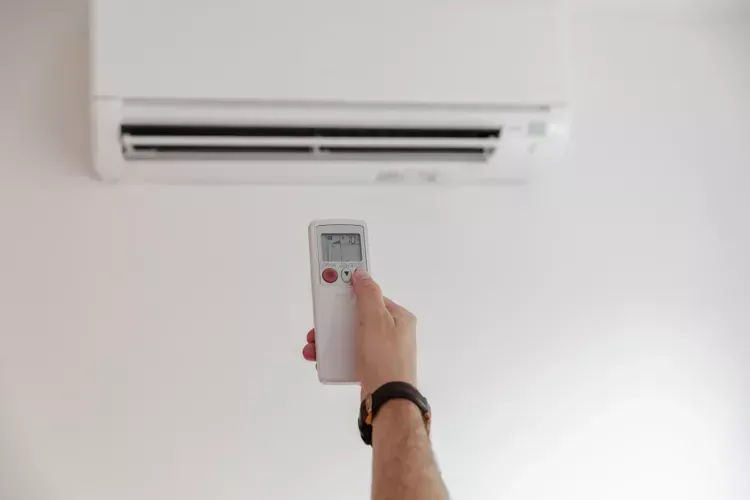
Photo By: The Spruce
Common Types of HVAC Systems
There are several types of HVAC systems, each designed to suit different needs and environments. The most common types include split systems, hybrid systems, ductless systems, and packaged heating and air systems.
- Split Systems: These are the most common type of HVAC systems in residential homes. They consist of an outdoor unit, which houses the condenser and compressor, and an indoor unit, which contains the evaporator coil and air handler. The system is 'split' between the inside and outside of the home.
- Hybrid Systems: Also known as dual-fuel systems, these combine the features of a gas furnace with a heat pump. They provide the flexibility to switch between gas and electric power, allowing for energy-efficient heating.
- Ductless Systems: These systems, also known as mini-split systems, are ideal for homes without ductwork. They consist of an outdoor unit and one or more indoor units that distribute air directly into different zones in the home.
- Packaged Heating and Air Systems: These systems contain all their components in a single outdoor unit. They are typically installed on the roof or the side of a building, making them a popular choice for small commercial buildings and homes with limited indoor space.
Common HVAC Problems and Troubleshooting
HVAC systems, like any other mechanical systems, can experience problems. Some issues are more common than others. Understanding these common problems can help you troubleshoot and possibly fix minor issues without needing to call a professional.
AC Blowing Hot Air
One common issue is the AC blowing hot air instead of cold. This could be due to a variety of reasons, such as a dirty air filter blocking airflow, low refrigerant levels, or a malfunctioning thermostat. Regular maintenance can help prevent this issue.
Air Handler Leaking Water
Another common problem is the air handler leaking water. This is often due to a clogged condensate drain line, a frozen evaporator coil, or a damaged condensate pan. Regular checks and cleaning can help prevent water leaks and potential water damage.
Regular Maintenance and DIY Tips
Regular maintenance of your HVAC system is crucial for its efficient operation. This includes tasks like changing the air filters every 1-3 months, cleaning the outdoor unit, and checking for any unusual noises or smells.
Some tasks, like cleaning the ductwork or checking the refrigerant levels, might be more complex. However, understanding the basics of how your HVAC system works can help you perform simple maintenance tasks. This can save you money on service calls and extend the lifespan of your system.
When to Call a Professional
While regular maintenance can prevent many issues, some problems require professional help. If your HVAC system is not heating or cooling properly, making unusual noises, or if you notice a significant increase in your energy bills, it's time to call a professional HVAC technician. They have the tools and expertise to diagnose and fix complex issues.
Conclusion: The Benefits of Understanding HVAC Basics
Understanding the fundamentals of HVAC systems empowers homeowners to care for their systems, resolve minor issues, and make well-informed choices when considering repairs or upgrades. This knowledge is invaluable and can enhance comfort, energy efficiency, and the durability of your HVAC system.
If you encounter any HVAC problems or require professional assistance, don't hesitate to reach out to
WS Mechanical.
Contact us for reliable solutions and expert care for your HVAC system.
